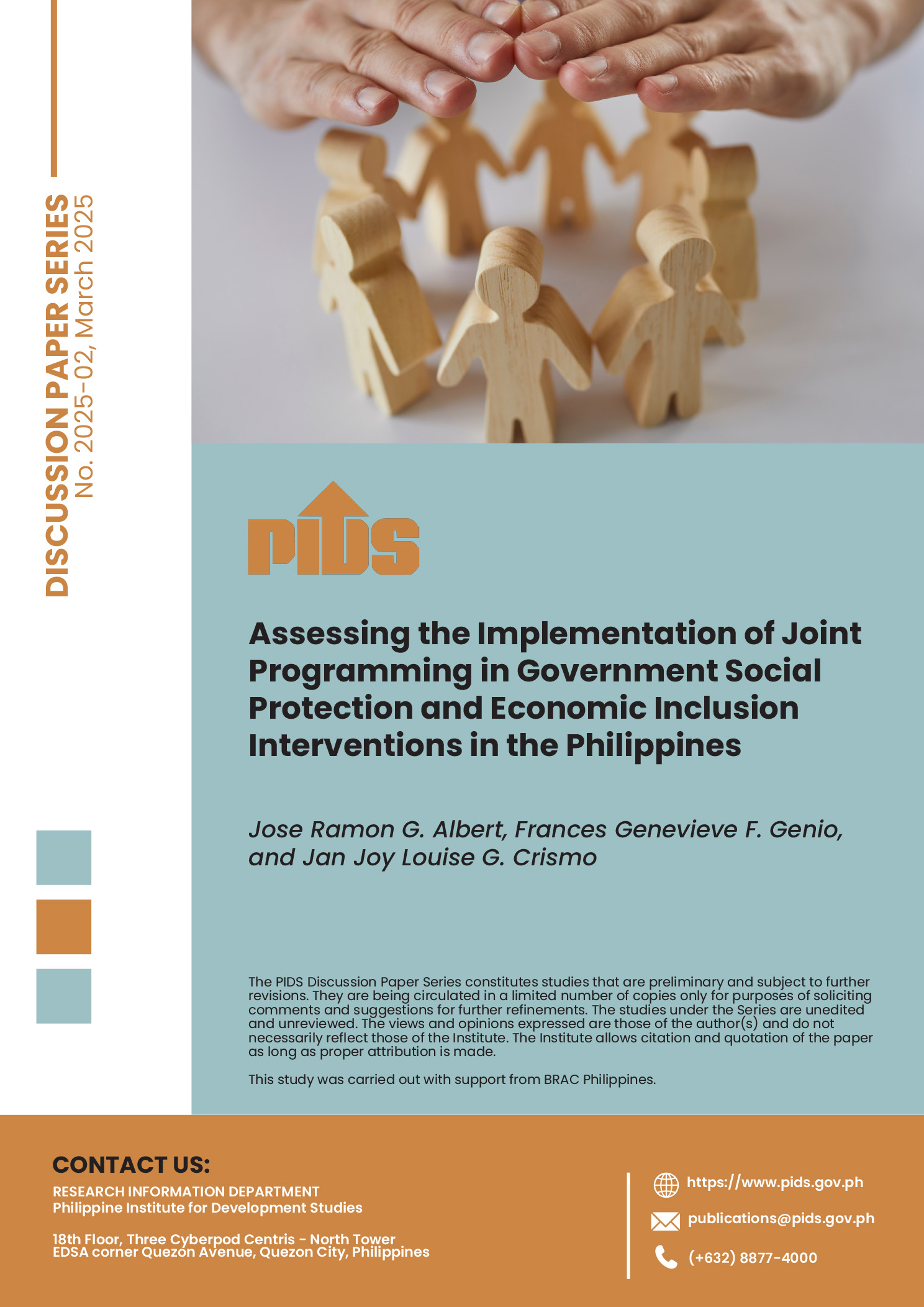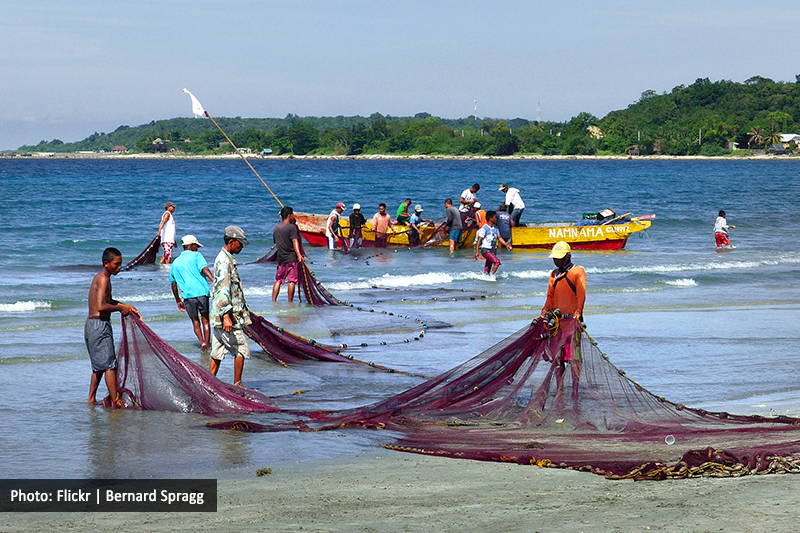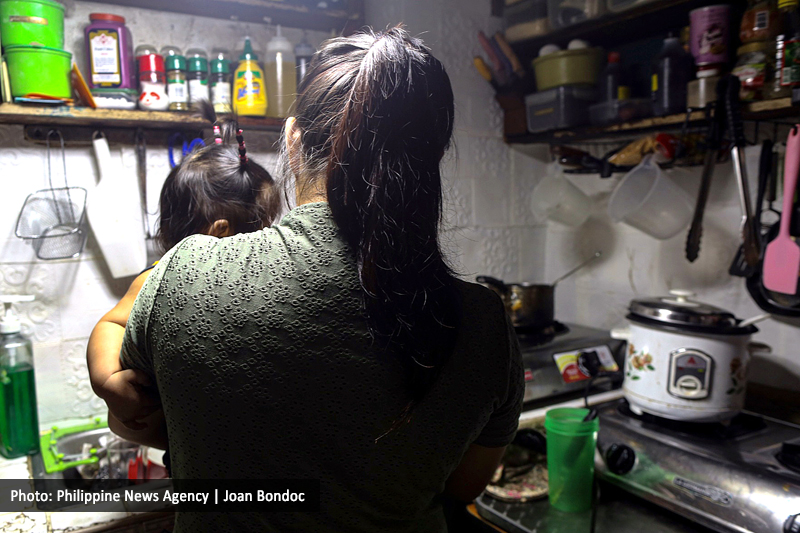MANILA, Philippines — The country’s largest business organization yesterday warned of potential disruptions to the economy from the reciprocal tariffs imposed by the United States and the retaliatory measures that may be taken by other countries.
Philippine Chamber of Commerce and Industry (PCCI) president Enunina Mangio said during the group’s general membership meeting that recent developments on US tariff policies are of particular concern for businesses, as these present both challenges and opportunities for the country’s exporters.
Last week, US President Donald Trump announced the imposition of reciprocal tariffs on goods from trade partners to address the gap in its imports and exports with other countries.
While the 17 percent reciprocal tariff imposed on Philippine goods entering the US market is among the lowest in Southeast Asia and the US has yet to announce the exact coverage, the PCCI said such tariffs typically target specific categories of goods such as food and agricultural products and electronics, which are major exports of the country.
“We are wary at the potential impact the actions other countries may take in response to the US’ reciprocal tariffs,” the PCCI said.
Among those planning countermeasures in response to the tariffs imposed by the US are Canada and the European Union.
“Retaliatory measures can disrupt global supply chains, increase costs and create uncertainty for businesses and consumers, bringing about a broad negative effect on economic growth,” the PCCI said.
It said the impact is expected to be even stronger for an economy like the Philippines, where remittances and consumer spending are major drivers of growth.
“The ripple effect of having to absorb extra costs will be hardest on small businesses, particularly those in agriculture and food processing,” the PCCI said.
As the country’s neighbors are already preparing to negotiate with the US to offer lower tariffs and better concession arrangements, the PCCI said it is awaiting government action before taking steps.
Earlier, Trade Secretary Cristina Roque said the government is open to reducing tariffs on US imports in response to the reciprocal tariff.
She also said the Philippine government wants to engage with the US to discuss enhanced market access for key export interests such as automobiles, dairy products, frozen meat and soybeans, within the framework of a bilateral free trade agreement (FTA).
Mangio said the private sector supports an FTA between the Philippines and the US.
“We are positive that the FTA would have a better chance now,” she said.
For Philippine Institute for Development Studies senior research fellow John Paolo Rivera, there may be a stronger window now for FTA talks.
He said in an email that the Philippines’ openness to lowering tariffs on US imports, in the context of the recently imposed 17-percent reciprocal tariff, could be seen as a strategic move to preserve trade ties and show good faith in potential negotiations.
“The idea of reducing tariffs on US imports as a way to de-escalate trade tensions may help create room for dialogue, but it also raises questions about fairness and strategic value,” he said.
He said the Philippines needs to ensure that any tariff concessions are part of a broader negotiation package and not a unilateral concession.
“Philippines can leverage its strategic location, geopolitical alignment with the US and role in regional supply chains as a selling point,” he said.
As a stepping stone, he said the countries could start discussions on a sectoral or mini FTA that will focus on areas of mutual interest such as electronics manufacturing, digital trade and agribusiness.
Meanwhile, activist group Bagong Alyansang Makabayan (Bayan) cautioned Filipinos about the possible zero-tariff negotiations between the Philippines and the US.
Bayan president Renato Reyes said the country’s domestic economy would be most vulnerable to a zero-tariff regime if this would be pushed by President Marcos.
He explained that the Philippines’ backward agricultural and semi-feudal domestic economy would be at the losing end of the influx of imported goods.
“This will deepen the import-dependent and export-oriented economy which has historically kept the Philippines underdeveloped,” he said in a statement.
Instead of going zero-for-zero like other countries, Reyes said the Philippines should embark on a program of land reform and national industrialization, and strengthen the domestic economy to meet the people’s needs. — Emmanuel Tupas












